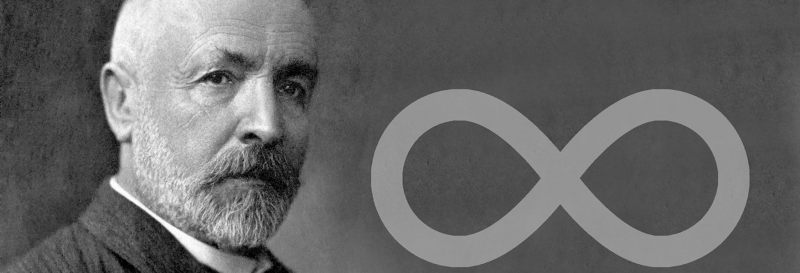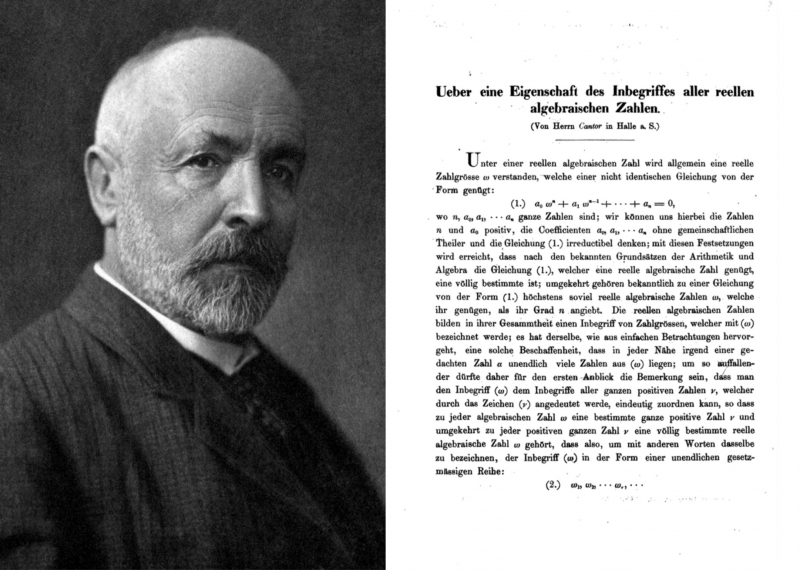Georg Cantor
Georg Cantor was a mathematician from Germany. He was instrumental in the development of formal logic, which has evolved into a basic mathematical theory. Cantor demonstrated the significance of the one-to-one connection between the members of two different sets, established infinite and well-ordered pairs, and showcased that real numbers are more frequent than natural numbers. But in fact, the way Cantor proved this theorem presupposes the presence of an "infinity of infinities". He defined ordinal and cardinal numbers as well as their associated arithmetic.
Cantor's idea of transfinite integers was first considered counterintuitive and even startling. Some Christian theologians (especially neo-Scholastics) saw his work as a threat to the singularity of the absolute infinite in God's nature; in one instance, they equated the idea of transfinite figures with pantheism, which Cantor vehemently refuted. Leopold Kronecker's public criticism and personal assaults on Cantor included calling him a "scientific charlatan," a "renegade," and a "youth-corrupter." Wittgenstein, writing years after Cantor's death, bemoaned that mathematics is "riddled with the toxic idioms of set theory," which he derided as "total gibberish" that is "laughable" and "incorrect."
Still, not all theologians opposed Cantor's idea; notable neo-scholastic scholar Constantin Gutberlet supported it, and Cardinal Franzelin acknowledged it as a credible theory.
Georg Cantor's recurrent bouts of despair from 1884 to the last few years of his life have exclusively been attributed to the hostility of his contemporaries. On the other hand, some other scholars have interpreted these periods as likely signs of bipolar illness.
Born: 1845
Age: 72
Notable ideas: Set theory








